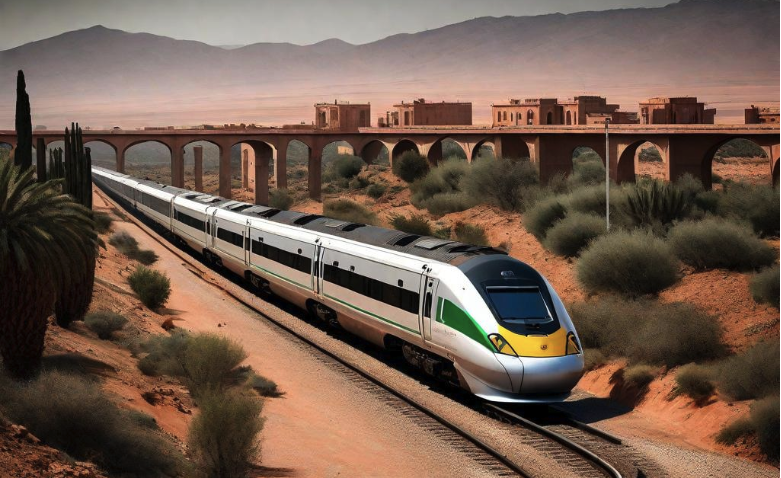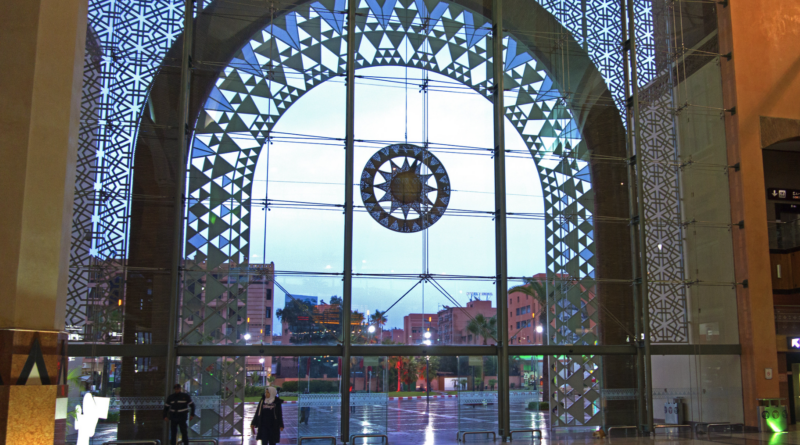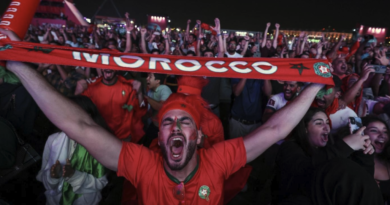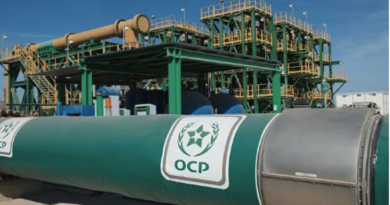Morocco’s ambitious rail plans ahead of 2030 World Cup
Morocco has embarked on a visionary journey towards sustainable transportation, revolutionizing its rail network with a focus on eco-friendliness and modernization. With strategic investments in infrastructure and renewable energy, Morocco’s National Railways Office (ONCF) is leading the charge towards a greener, more efficient future in transportation. Morocco’s ambitious rail plans ahead of 2030 World Cup comes at a time of huge environmental and energy challenges across the Maghreb and the globe.
Modern Stations
Central to Morocco’s sustainable transportation efforts is its commitment to building modern, aesthetically pleasing rail stations that prioritize passenger comfort and convenience. Stations in major cities like Marrakech, Casablanca, and Fes boast spacious layouts, bright interiors, and a host of amenities, transforming rail hubs into vibrant destinations in their own right.
Frequent Services
The frequency of long-distance trains throughout Morocco is another testament to the country’s dedication to accessible and efficient rail travel. With trains running as frequently as every 15 minutes, even on routes like Marrakech to Casablanca and Fes to Casablanca, passengers enjoy unparalleled convenience and flexibility in their travel plans.

Green Energy Initiative
Morocco’s most remarkable achievement lies in its fully electrified rail system, powered predominantly by renewable energy sources. With over 100 cities served by ONCF’s electrified network, Morocco is setting a new standard for sustainable transportation in Africa. Impressively, 90% of electric trains now operate on “green” energy generated from wind power, surpassing initial targets and showcasing Morocco’s commitment to carbon neutrality by 2035.
Eco-Friendly Initiatives
To support its eco-friendly initiatives, ONCF has implemented a range of measures, including eco-driving systems, solar energy technologies, and annual carbon footprint assessments. The organization’s recent certification for a green bond further underscores its dedication to low-carbon, sustainable transportation practices.
Morocco’s ambitious rail plans ahead of 2030 World Cup
Looking ahead, Morocco’s rail network is poised for further expansion and modernization, with ambitious plans to connect 43 cities by 2040 through high-speed and standard lines. The upcoming Marrakesh–Agadir and Casablanca–Marrakesh high-speed lines, alongside the acquisition of 168 new trains, mark significant milestones in Morocco’s preparation for the 2030 World Cup, for which it is a joint host with Spain and Portugal.


